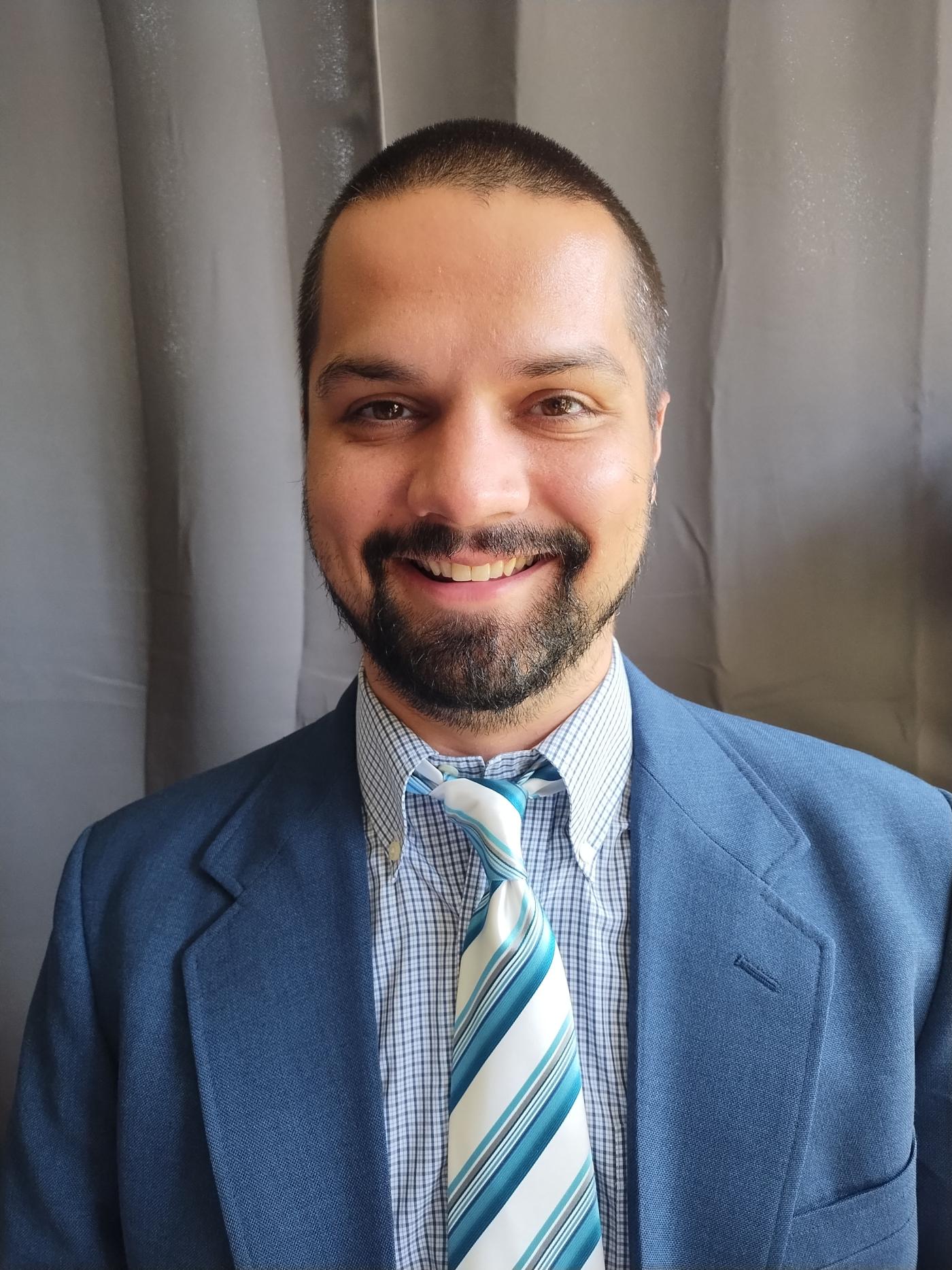Luka Hamel-Serenity

Models of the Past, Visions for the Future: Explicating Resilience, Racial Capitalism, and Place Attachment through Adaptive Cycles in Norfolk, VA
Place attachment – the positive affective bond between a person and their desired environment – has been hypothesized to lead to place-protective behavior in circumstances where a community or environment is threatened with change. However, in coastal Norfolk, Virginia, destructive historical policies urban planning and development have not been mitigated by residents’ place sentiments and protective behavior. Today, the urban planning policy discourse in the City has become fixated on climate change and sea level rise. Climate effects and adaptation in the City are inequitably distributed among communities, reprising earlier displacement and maintaining segregation. 21st-century planning initiatives of climate adaptation and resilience leave minoritized residents to again face the gentrification and displacement generated by 20th-century urban planning. While wealthy areas of Norfolk also face sea level rise and flooding, the repeated waves of destruction and removal give the appearance of a pattern that can be modeled by ecological resilience theory: an adaptive cycle of racial capitalism. Drawing from this panarchy model of systems change developed by CS Holling and others, this dissertation develops a more complex framework of the adaptive cycle which better approximate the repeated losses of capital affecting low-income and minoritized Norfolk communities. Findings from this study indicate that racial capitalism in Norfolk operates as a continuous cycle made of repeated phases of loss of capital; that climate adaptation and sea level rise resilience stand as the most recent phase of this modified adaptive cycle; and that residents’ place attachment, protective behavior, and other place sentiments are spread across a much wider range of issues than sea level rise and development alone, breaching issues from community identity to the future of their families in Norfolk. Theories and practices of place attachment, coastal and ecological resilience, and racial capitalism can be synthesized to address the following questions: ‘How do the climate change discourse and the planning discourse inside and outside the City of Norfolk VA conceal and foster displacement policies in the City? How does place attachment interact with displacement pressure from current climate policies and historical planning policies in the City?'
Luka Hamel-Serenity studies sea level rise, planning policies, and place attachment in coastal cities at the UVA Constructed Environment PhD program. He currently works as an Instructor on the faculty at the Hampton University Department of Architecture, teaching first-year design studio and the Coastal Community Design Collaborative seminar series. He hopes to rank up to Assistant Professor with the acquisition of his doctoral degree. Luka has spoken, shared his experience, and presented his research around the Mid-Atlantic area, from the 2022 Keeping History Above Water conference to events with the Elizabeth River Trail, Community of United Focus, and the Chesapeake Studies conference at Salisbury University in 2022 and 2023. Luka has a passion for mentorship, teaching, and justice which carries and sustains him through the unique destiny of the current moment.
Luka Hamel-Serenity moved to Norfolk, VA from Charlottesville, VA in order to carry out his studies on flooding, displacement, gentrification, and climate change in this lower Chesapeake city. He still lives in Mermaid City with his small nuclear family, going on walks in the evenings after commuting over the Hampton Roads Bridge Tunnel.
- Environmental Futures Summer Fellowship from UVA Environmental Institute
